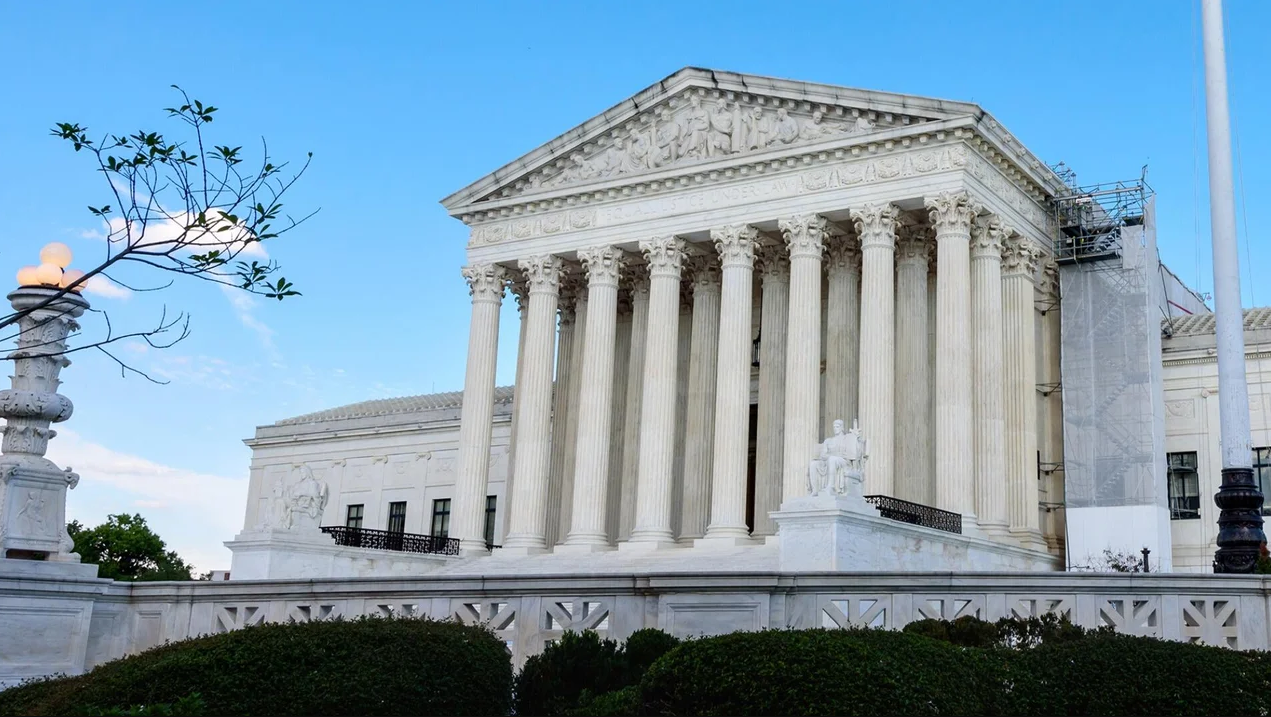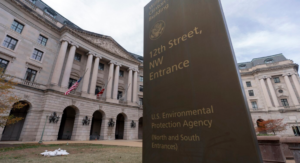Supreme Court Ends TPS for Venezuelans: 350,000 Face Deportation
In a landmark decision, the U.S. Supreme Court has permitted the Trump administration to terminate Temporary Protected Status (TPS) for approximately 350,000 Venezuelan migrants, leaving them vulnerable to deportation. This ruling marks a significant shift in U.S. immigration policy and has sparked widespread concern among immigrant communities and human rights advocates.
Understanding Temporary Protected Status (TPS)
Temporary Protected Status is a humanitarian program that allows nationals from countries experiencing extraordinary conditions, such as armed conflict or natural disasters, to live and work in the United States temporarily. Venezuelans were granted TPS in 2021 due to the severe political and economic crisis under President Nicolás Maduro’s regime. The Biden administration extended this protection in 2023, aiming to safeguard Venezuelan migrants until October 2026.
However, in February 2025, Homeland Security Secretary Kristi Noem announced the termination of TPS for Venezuelans, citing national security concerns and alleged associations with criminal activities. This decision was met with legal challenges, leading to a federal judge in San Francisco blocking the termination in March. The Supreme Court’s recent ruling overrides this injunction, allowing the termination to proceed while legal battles continue in lower courts.
Legal and Political Implications
The Supreme Court’s decision has profound legal and political ramifications. Critics argue that the move undermines the judiciary’s role in checking executive power and sets a precedent for future immigration policies. Justice Ketanji Brown Jackson was the sole dissenter in the ruling, highlighting concerns over the humanitarian impact and potential racial biases in the administration’s decision.
The Trump administration defends its stance, asserting that the termination of TPS is necessary for national security and the integrity of the immigration system. They argue that the judiciary should not interfere with executive decisions on immigration matters.
Humanitarian Concerns and Community Impact
The revocation of TPS for Venezuelans has raised significant humanitarian concerns. Many of the affected individuals have established lives in the U.S., contributing to the economy and society. Deporting them could lead to family separations and expose them to the dire conditions they initially fled.
Human rights organizations emphasize that returning Venezuelan migrants to a country plagued by political instability, economic collapse, and human rights abuses could endanger their lives. They urge the administration to reconsider the decision and prioritize humanitarian considerations.
Broader Implications for Immigration Policy
This decision is part of a broader trend in the Trump administration’s approach to immigration. There are indications that TPS protections for other nationalities, including Haitians and Nicaraguans, may also be revoked. Such actions could affect hundreds of thousands of migrants and reshape the U.S. immigration landscape.
Legal experts warn that these policy shifts could lead to increased litigation and strain the judicial system. They call for a balanced approach that considers both national security and humanitarian obligations.
Conclusion
The Supreme Court’s decision to allow the termination of TPS for Venezuelan migrants marks a pivotal moment in U.S. immigration policy. As legal battles continue and communities grapple with the implications, the nation faces critical questions about its commitment to humanitarian principles and the rule of law.
Subscribe to trusted news sites like USnewsSphere.com for continuous updates.
[USnewsSphere.com / cbs]





